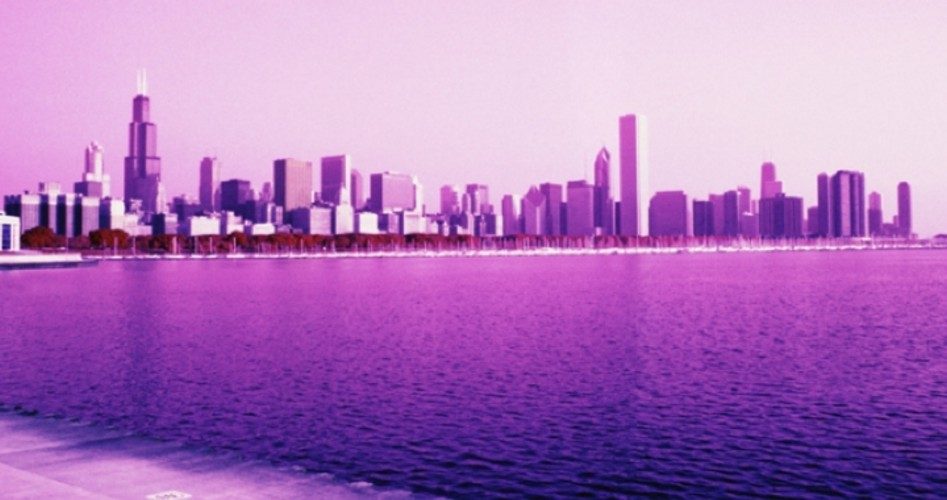
In the first quarter, more people have died by gun violence in Chicago than at any time since 1999. One hundred forty-one people have been killed through the end of March, according to the Chicago Police Department, compared to 82 who died during the first quarter of 2015 — nearly a 72 percent increase. People who were shot but survived also jumped enormously: At least 727 people had been wounded in the first quarter, compared to 422 a year earlier — a 73 percent increase.
If this continues, 2016 could see more than 500 people killed by gunfire with nearly 3,000 shot and wounded.
Pro-gun advocates were quick to point out that Chicago has some of the most stringent gun controls of any city in the country, and concluded that that was the root cause of the spike. Wrote Tim Brown at Freedom Outpost, the massive increase in people shot and killed or wounded by gunfire is “the product of infringement upon the Second Amendment and restrictive gun measures that leaves guns in the hands of criminals [but] law-abiding citizens as defenseless victims.”
That may be too facile a conclusion, as most of the shootings involve gang members who inhabit Chicago’s South and West sides. As Chicago’s new interim Police Superintendent Eddie Johnson told the Chicago Tribune: “We know who is committing these crimes. It’s a small segment of the population. We have these individuals targeted. One of the things we have to do is ensure we hold those individuals accountable when they commit these crimes.”
All well and good, provided the police are willing to risk their careers, and potentially their lives, to do the “holding.” The problem is that a combination of new ACLU paperwork and poor morale, following the shooting by a Chicago police officer of Laquan McDonald 16 times while he was walking away, has greatly reduced the enforcement of the laws designed to reduce that violence. The Tribune, following interviews with a number of Chicago police officers, said that they are now “much less aggressive on the street out of fear that doing even basic police work would get them into trouble. [As a result] criminals were taking advantage of their passive approach.”
The numbers certainly lend credence to such a conclusion. In January CPD officers made 6,818 arrests compared to almost 10,000 a year earlier, while the number of “street stops” also plummeted, from 61,330 in January 2015 to just 9,044 in January 2016.
Add to that the increased paperwork mandated by the department and a new state law, following an agreement struck with the American Civil Liberties Union (ACLU), and law enforcement is spending more time doing paperwork and less time patrolling those high-crime areas.
The next quarter could confirm that this conclusion — that crime is up because police enforcement is down — is valid. Police Superintendent Johnson said he didn’t think police morale was very bad but that his officers were instead “confused” with all the new paperwork requirements, which, he said, have been reduced with additional training. He added: “We’re seeing a steady uptick in the investigatory stops, so we’re slowly but surely getting back. I don’t think we’ll ever hit the numbers we had before. But that’s the whole point of it. We just have to make sure we stop the right people at the right times for the right reasons.”
If he’s right, Johnson is in effect admitting that the new paperwork requirements, and the “McDonald” effect, will continue to impact police officers’ willingness and ability to quash crime on the South and West sides of Chicago. Put another way, Chicago’s violent crime might not hit a record level for 2016, but it’s not going to disappear either.
It would help, of course, if the city’s stringent gun controls were relaxed or removed, so that bystanders caught in the crossfire of gang violence might have a better chance of defending themselves.
A graduate of an Ivy League school and a former investment advisor, Bob is a regular contributor to The New American magazine and blogs frequently at LightFromTheRight.com, primarily on economics and politics. He can be reached at [email protected].



